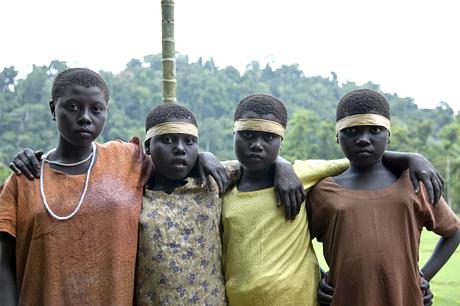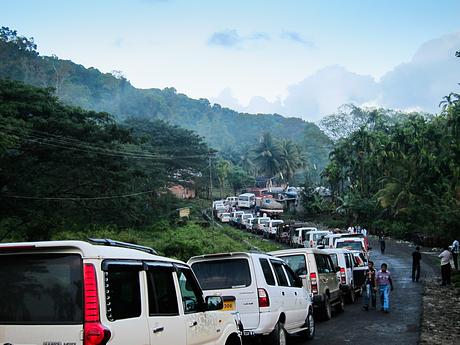European poll shows overwhelming support for Jarawa buffer zone
September 20, 2012

This page was last updated in 2012 and may contain language which is now outdated.
An opinion poll in a leading European newspaper has shown overwhelming support for a buffer zone, to protect India’s Jarawa tribe from ‘human safaris’.
Published in Italy’s most prominent paper, Corriere della Sera, more than 70% of the poll’s participants agreed that the buffer zone would help to safeguard the tribes’ future on the Andaman Islands.
However, up to now the islands’ administration has refused to implement the five-kilometer zone ruling, which India’s Supreme Court ordered back in July. They are preparing to water down the buffer zone – effectively allowing human safaris to continue.
Tour operators continue to pass through the Jarawa Reserve ostensibly to visit the islands’ limestone cave and mud ‘volcano’, even though the Supreme Court ordered both sites to be closed to tourists.

This is not the first time the Andaman administration has flouted a judicial ruling from India’s highest body. In 2002, the Supreme Court ordered it to close the Andaman Trunk Road (ATR), which remains open, facilitating ‘human safaris’ by passing through the reserve.
Demonstrating the level of international public concern about the Jarawa, the Italian poll attracted nearly 600 votes, with more than two-thirds calling for the Andamans to do more to protect the Jarawa by way of a buffer zone.
Survival’s Director Stephen Corry said today, ‘The poll’s results show that in one of the Andaman’s biggest tourism markets – Europe – there is a clear desire to uphold the Jarawa’s rights and protect them from the destructive activity of ‘human safaris’. Respecting the Supreme Court ruling and keeping tourists off the Andaman Trunk road is the first step. Ultimately, the road must be closed if the Jarawa are to be able to control their lives and determine their future. The Andamans must put the rights of a people before the profits of a tour.’
Last month, British newspaper The Observer confirmed it was ‘business as usual for the human safari industry’, despite their undercover investigation prompting international outrage eight months ago.




